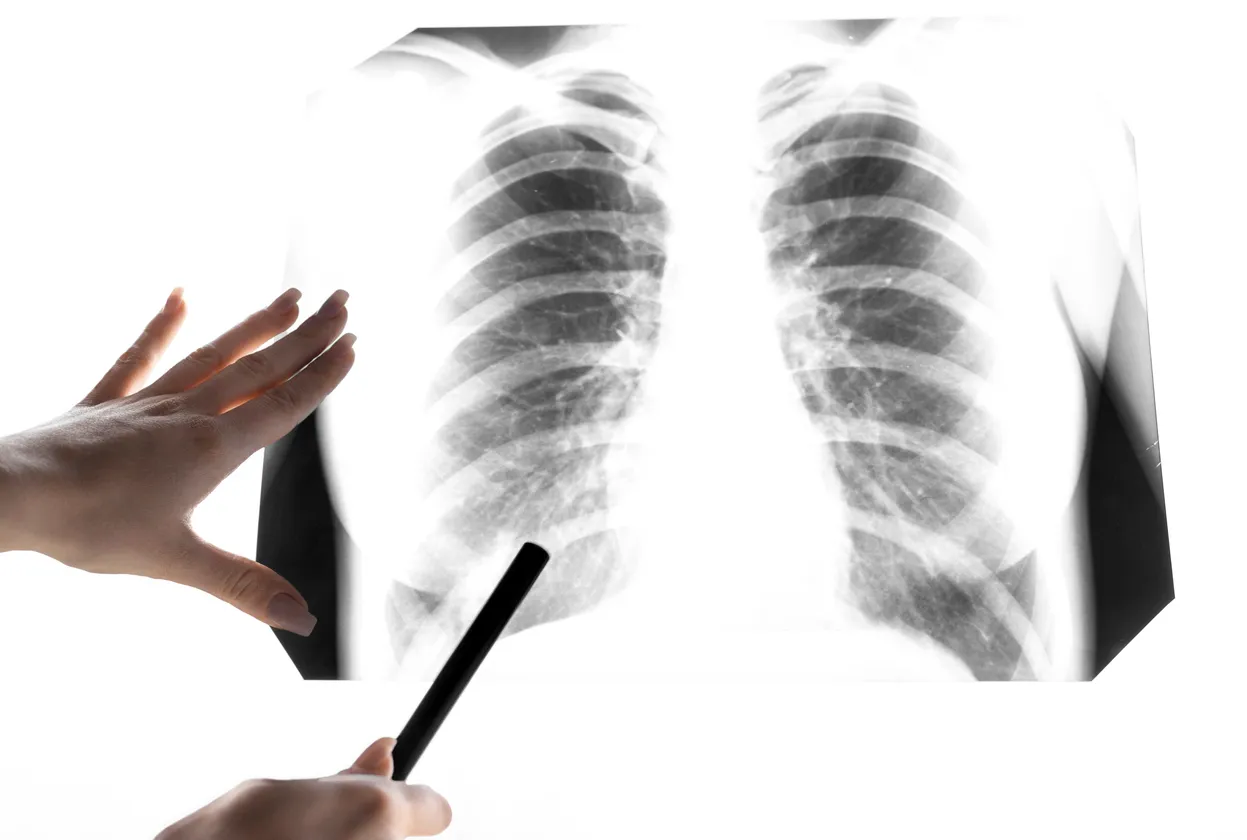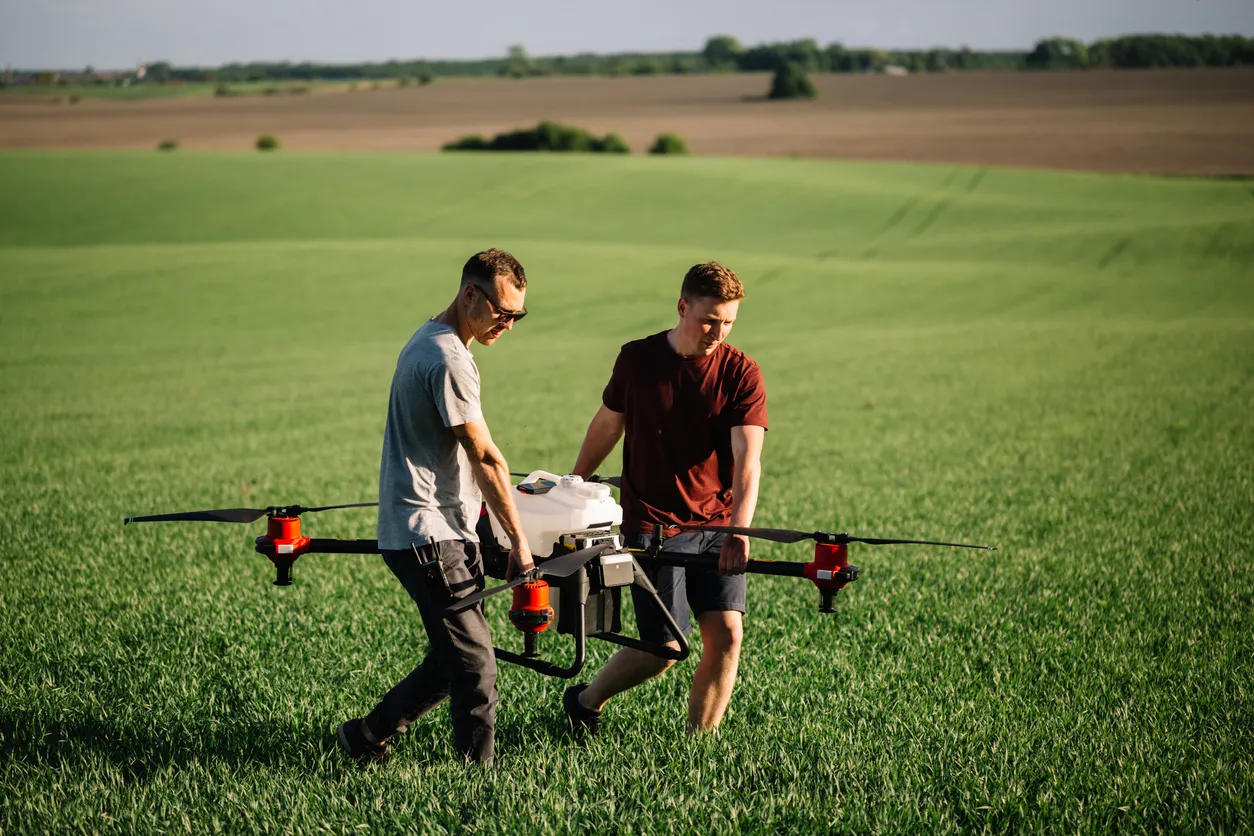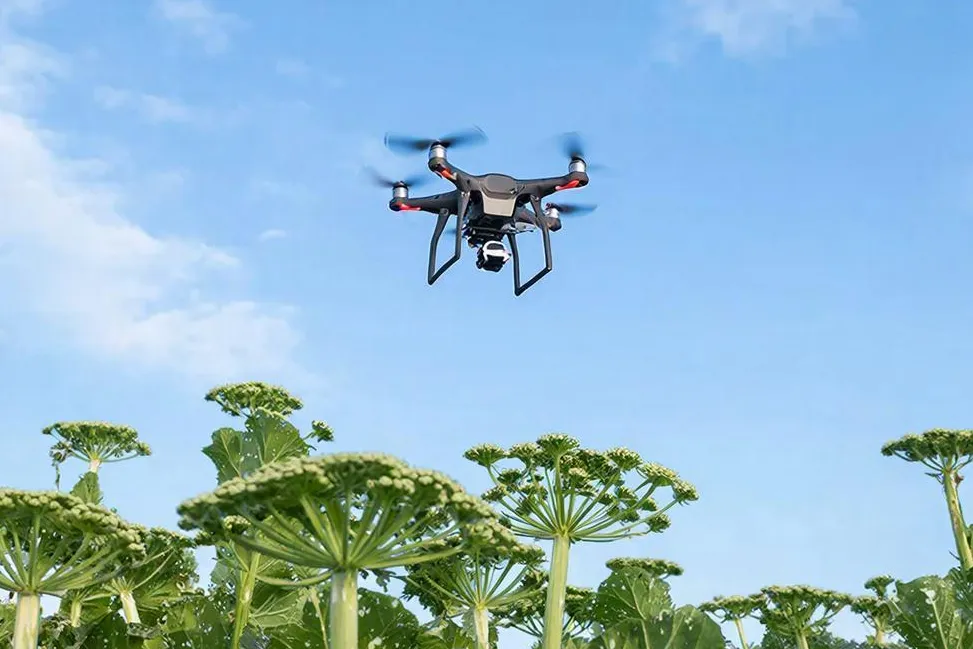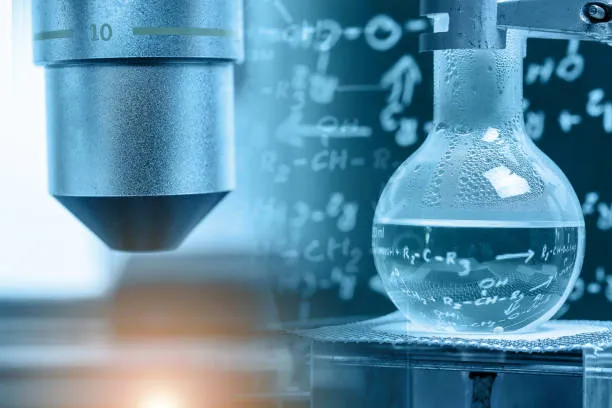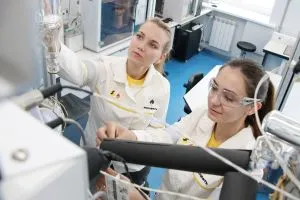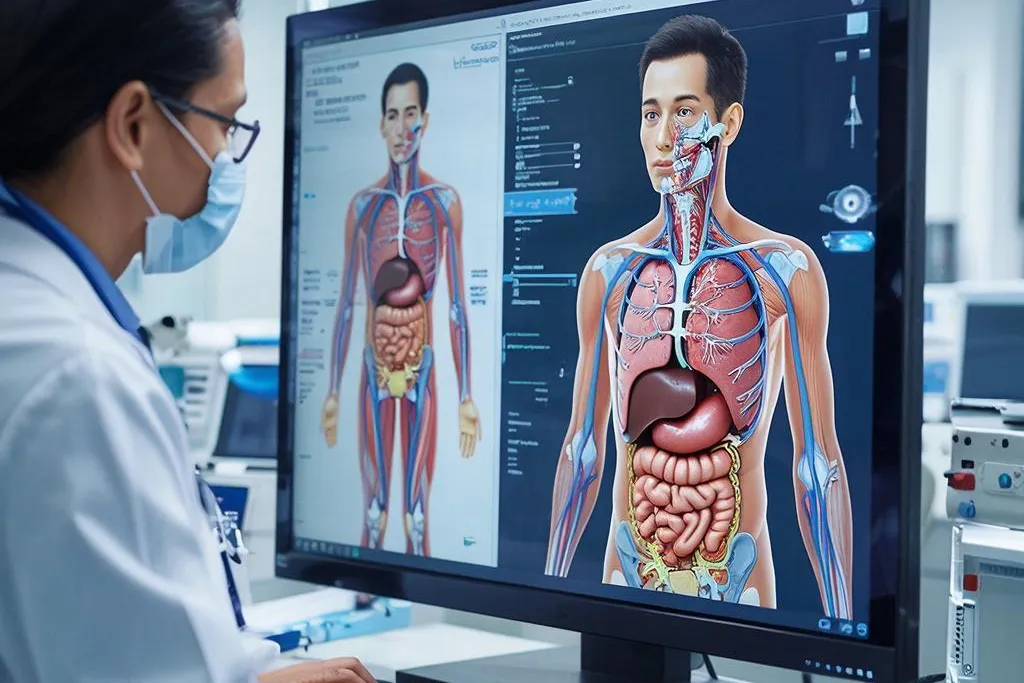Russian and Dutch Scientists Create AI Tool to Search for Probiotic Bacteria
The KEGGaNOG program helps researchers quickly assess microorganisms’ metabolic potential and find promising probiotic strains.
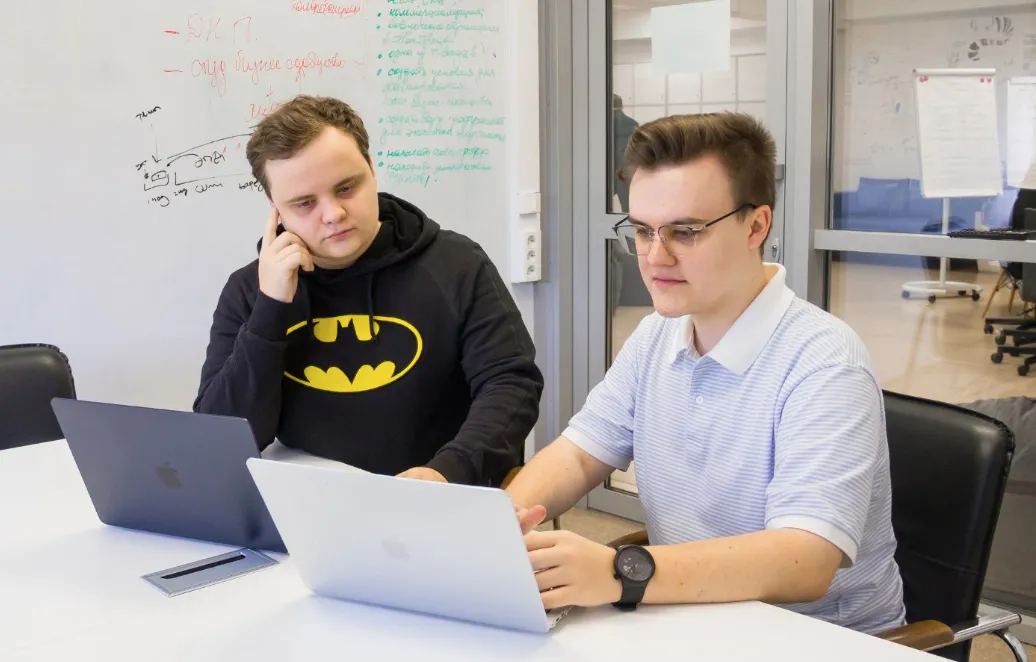
Scientists from Don State Technical University (Rostov-on-Don), Sechenov First Moscow State Medical University, and Wageningen University in the Netherlands have developed KEGGaNOG, a bioinformatics program that automatically analyzes bacterial metabolism and determines their ability to synthesize vitamins, according to the Russian Science Foundation.
Because microorganisms are often used in probiotic supplements and other bioactive products, researchers need to decode bacterial genomes to distinguish beneficial species from potentially harmful ones. Traditionally, this process involves multiple manual steps — from identifying genes and their functions to mapping complex metabolic pathways — making it slow and labor-intensive, especially when hundreds of species must be analyzed.
To simplify the process, the team created a digital tool that can quickly evaluate a bacterium’s metabolic potential and identify strains suitable for probiotic and biotech applications.
“Turning Genetic Sequences Into Metabolic Maps”
The program has been successfully tested on the genomes of 11 bacteria, including Bifidobacterium and Lactobacillus strains commonly used in probiotic dairy products. It revealed key metabolic differences between strains, helping researchers better understand how they function.
Popov added that the team plans to release regular updates and develop new bioinformatics tools that will help researchers worldwide perform reproducible, accurate microbiome analysis — and accelerate the discovery of the next generation of probiotic products.


